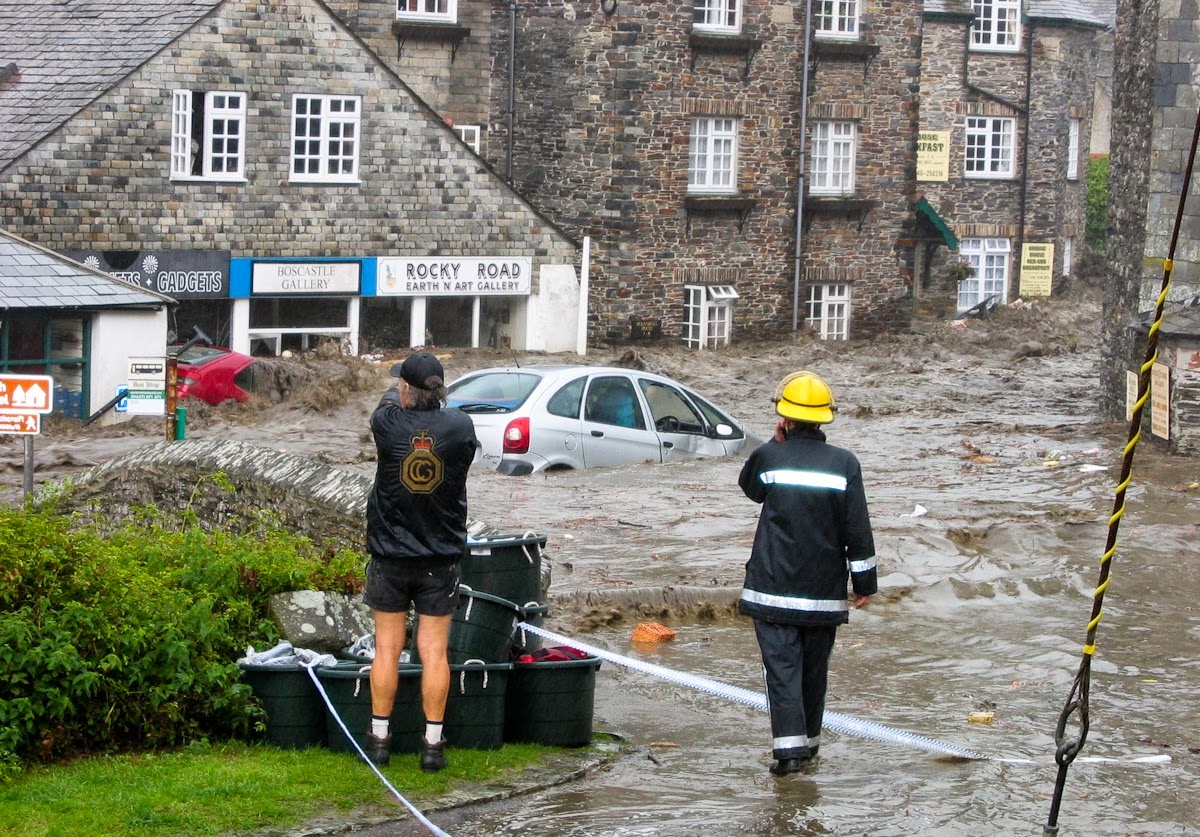DIVERS REMINDED TO STOP AFTER FOUR ADMITTED FOR RECOMPRESSION IN JUST AN HOUR
Portland Coastguard is
reminding divers that they need to make their stops when surfacing after four
divers were admitted to the recompression chamber at Poole in just one hour
this afternoon.
At just after one o’clock
this afternoon Portland Maritime Rescue Coordination Centre was contacted by a
dive boat to say that one of their divers had made a rapid ascent. The RNLI
lifeboat based at Weymouth was sent to the scene and the diver was transferred
from the lifeboat to the Coastguard rescue helicopter based at Lee on Solent
for rapid transfer to Poole. Here the helicopter was met by an ambulance, dive
doctor and Poole Coastguard Rescue Team for a rapid transfer to the recompression
chamber.
Just fifteen minutes later
Portland Maritime Rescue Coordination Centre was contacted by the Aeronautical
Rescue Coordination Centre (ARCC) to say that the Coastguard Rescue helicopter
from Portland was being sent to Chepstow, Monmouthshire to fly three divers who
were showing symptoms of decompression sickness back to Poole recompression
chamber. The three had been diving in a quarry. The divers were met at Poole
helicopter landing site by an ambulance, dive doctor and Poole Coastguard
Rescue Team for a rapid transfer to the recompression chamber.
Portland Coastguard Watch
Manager Maddy Davey said:
“The most common diving
incident we had in 2012 was decompression illness with 40 recorded incidents
last year.
"Divers should make
sure they are adequately qualified and experienced for the dive they plan to
undertake, keeping a close eye on weather and sea conditions, and making their
own personal fitness a top priority for safe diving.
"You should also
familiarise yourself with new or different gear before planning deep dives and
to always dive within your limits."
-ENDS-
Notes to Editors
1. These statistics relate to only those in which HM Coastguard coordinated the search for and rescue of those involved. National diving statistics including both open water and inland diving together with detailed analysis, are available from the BSAC (www.bsac.com), which is the national governing body for UK sport diving.
HM Coastguard Diving Liaison Officers are based all over the UK supporting local diving and organising events in their own areas, to prevent accidents and support safe diving practices.
The Maritime and Coastguard Agency is a member of the British Diving Safety Group which formed in 2002. Members promote safety and growth in the sport, providing training, guidance and the opportunity to enjoy the wider benefits of club and society members.
Notes to Editors
1. These statistics relate to only those in which HM Coastguard coordinated the search for and rescue of those involved. National diving statistics including both open water and inland diving together with detailed analysis, are available from the BSAC (www.bsac.com), which is the national governing body for UK sport diving.
HM Coastguard Diving Liaison Officers are based all over the UK supporting local diving and organising events in their own areas, to prevent accidents and support safe diving practices.
The Maritime and Coastguard Agency is a member of the British Diving Safety Group which formed in 2002. Members promote safety and growth in the sport, providing training, guidance and the opportunity to enjoy the wider benefits of club and society members.


